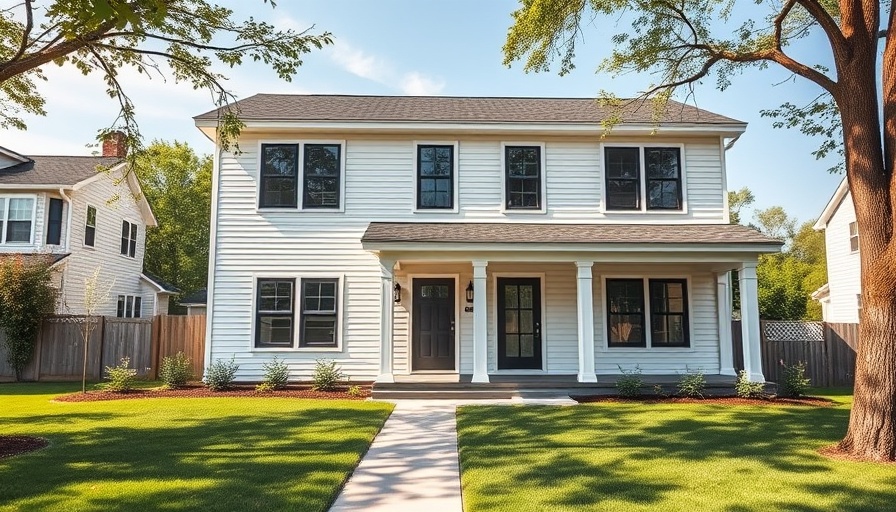
Understanding the Evolving Housing Landscape
The recent release of the America at Home Study's fourth wave offers a deeper understanding of how U.S. households are adapting to the post-pandemic world. Conducted in early 2025, this comprehensive study involved nearly 16,000 respondents and highlights critical shifts in housing preferences and economic anxieties among American families.
Financial Concerns on the Rise
Perhaps most alarming is the growing financial anxiety detailed in the report. A striking 44% of respondents identified economic conditions and job security as their primary concern, a sharp increase of 8% since the last wave of the study. This sentiment is complemented by worries about housing costs and interest rates, making it clear that affordability is a significant barrier for many.
The Demand for Wellness in Homes
Interestingly, beyond financial factors, the desire for wellness is altering the landscape of home preferences. An overwhelming majority of respondents (94%) associate home with safety and security, yet the definition of 'home' is evolving. The focus is now on creating homes that provide emotional and physical wellness, reflecting a shift toward lifestyles that prioritize health and well-being.
Small Households, Big Changes
The demographic changes are telling; one- and two-person households comprise 64% of all U.S. households. This shift necessitates homes that offer more flexible spaces to accommodate changing lifestyles, notably the hybrid work model many have adopted. The need for versatile environments that foster connections has never been more critical.
Addressing the Housing Crisis
As the housing market struggles to cater to modern preferences, it’s essential for builders to reconsider their approach. Teri Slavik Tsuyuki, a key figure in the study, asserts, "We’re building the wrong product." The traditional norms of homeownership are increasingly irrelevant amidst modern realities. Statistics indicate that 30% of respondents struggle to find homes that fit their needs and budget, signaling an urgent need for thoughtful housing solutions.
 Add Row
Add Row  Add
Add 




Write A Comment